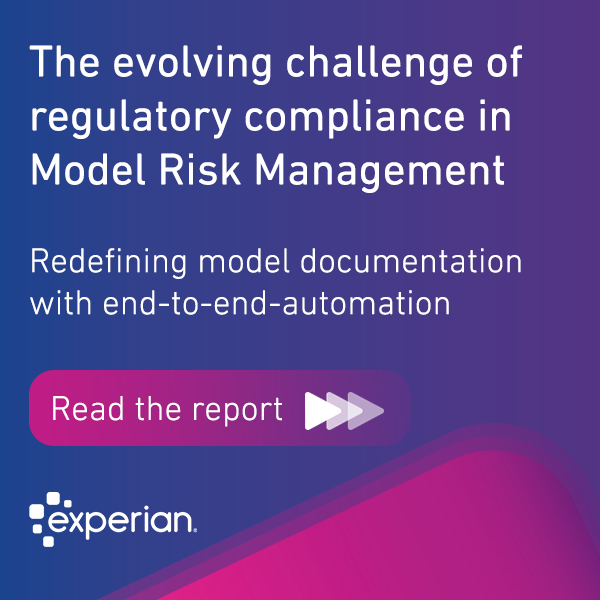Consumer demand has shaped the way businesses worldwide have adjusted or intend to adjust operations and investments throughout the pandemic. Businesses that have struggled to meet the new expectations of consumers will need to meet ever-changing conditions with careful investment and data-driven analyses. Experian’s latest Global Insights Report shows two-thirds of consumers globally have remained loyal to their favorite brands during the pandemic. Brand loyalty was found to be the highest in India, at 80%, and lowest in France, with a bit more than half, at 57%.

However, loyalty may not be a given going forward. Competitive differentiation is founded on how you engage customers, at every interaction. Our research shows that loyalty is intrinsically linked to trust, security and convenience. Payment system providers, such as PayPal, have retained the top spot for customer loyalty for three years in a row, but there continues to be movement among the remaining top five industries. This fluctuation, indicative of consumer preferences and behaviors, is fueled by the varying speed at which businesses globally are transforming front- and back-end systems. Particularly, this holds true for the pace of digitization of credit risk and fraud risk operations.
Leverage data to retain loyalty
Consumers have higher expectations than ever before, and businesses need to meet or exceed these expectations by adapting to correlate with the dynamic nature of the customer journey throughout the continuing pandemic. The report also found that 60% of people have higher expectations of their digital experience than before Covid-19, increasing the need for businesses to make sure that they are leveraging data to benefit their customers, providing secure and convenient digital experiences.
Although most customers have shifted to digital and prefer the conveniences of online, mobile and contactless transactions, concerns over data security remain. In response, businesses need to carefully navigate customer experiences to ease apprehension. A great example is the trust, and therefore loyalty, that can be established by using customer data for identity authentication. Customers gain protection while enjoying a hassle-free experience that is non-threatening and transparent. Some businesses recognize these needs, with 40% reporting they are doing a better job communicating how customer data is used to enhance the customer experience, protect consumer information and personalize products and services.
Integrating data, analytics and technology
Our survey also found that only 24% of businesses are deliberately making changes to their digital customer journey. However, many of them have intentions of making changes and are increasing their budgets in order to do so. Three of the top five solutions businesses are using to help improve the customer journey are designed for driving insights into faster customer decisions.
Of these top five solutions, the use of AI to improve customer decisions ranks first amongst banks, payment providers, and retailers ranks first. Companies who are, or plan to, accelerate the implementation of AI can make faster, smarter data-driven decisions to better serve consumers.
The key to better serving customers lies in a business’s ability to integrate data and decisioning technology to deliver fast and relevant products and services. In fact, the study found that one in three consumers are only willing to wait 30 seconds or less before abandoning an online transaction, including accessing their bank accounts. With such a short window to keep the customer engaged, faster decision making is imperative to not only retaining a customer’s loyalty on a long-term basis but getting them to commit to a transaction once.
Businesses, particularly retailers and financial services who implement the necessary technologies will help move economies from sustainability mode towards a future of growth but cannot do so without continued consumer demand.
While customer loyalty does remain, it is up to businesses to adapt and accommodate to retain, and potentially increase the impact of these adjustments. Regardless of where they’re transacting, consumers expect a secure, convenient experience—and they’ll quickly abandon transactions if they’re let down. So, businesses must keep their focus on transformation.
Discover more insights from our longitudinal study of the impact of Covid-19 on businesses and consumers.




